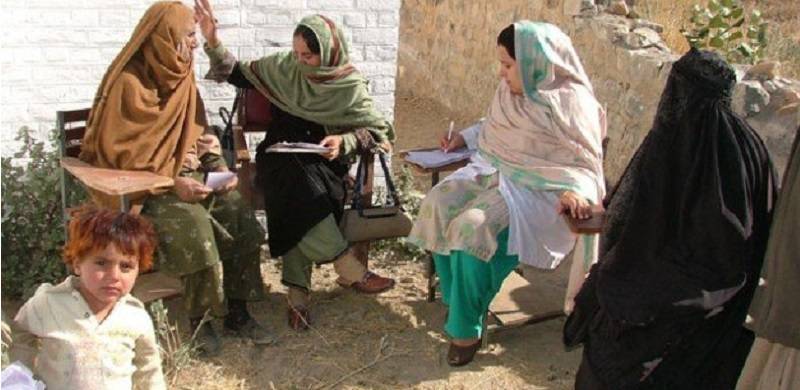
The horrifying murder of four development workers in North Waziristan once again reminds us of the uphill struggle of women in the merged districts of Khyber-Pakhtunkhwa for the most basic rights. The slain women were part of a programme by a local organization to help impart household skills to the women of the region.
The War on Terror and decades of Pakistan-Afghanistan tensions have taken their most terrible toll on Pashtun women of the border regions. From abandonment by authorities to the mercy of fundamentalist terror groups, to being caught in the crossfire of security measures, the women of the region have experienced a suffering which is difficult to state in words.
For Pakistanis now, the most important thing is to heed the warning voices which have been quietly but repeatedly pointing out an increasingly challenging security situation in the region that was once ruled as the Federally Administered Tribal Areas (FATA). It is difficult to forget that North Waziristan, in particular, had been overrun by terrorist forces and turned into an unwilling stronghold for years.
The ejection of terrorist forces from these regions was an important gain for Pakistan, but much remains to be done. In fact, the progress made from the country's war on terror groups will be truly felt by the people of the region only when the worst effects of decades of neglect and brutalization are undone. As women were the biggest sufferers when the writ of the state was abdicated, so it is crucial that the fundamental rights denied to them be reclaimed.
And that will have to begin with ensuring the most elementary security for women to be able to emerge in the community without fear of violence. Only then can they help rebuild their own lives and those of their communities. Needless to say, brazen attacks on development and health workers will only discourage efforts for the overall uplift of communities in the region.
Unfortunately, ghastly episodes such as this one do not inspire confidence in that process of healing and moving forward.
The War on Terror and decades of Pakistan-Afghanistan tensions have taken their most terrible toll on Pashtun women of the border regions. From abandonment by authorities to the mercy of fundamentalist terror groups, to being caught in the crossfire of security measures, the women of the region have experienced a suffering which is difficult to state in words.
For Pakistanis now, the most important thing is to heed the warning voices which have been quietly but repeatedly pointing out an increasingly challenging security situation in the region that was once ruled as the Federally Administered Tribal Areas (FATA). It is difficult to forget that North Waziristan, in particular, had been overrun by terrorist forces and turned into an unwilling stronghold for years.
The ejection of terrorist forces from these regions was an important gain for Pakistan, but much remains to be done. In fact, the progress made from the country's war on terror groups will be truly felt by the people of the region only when the worst effects of decades of neglect and brutalization are undone. As women were the biggest sufferers when the writ of the state was abdicated, so it is crucial that the fundamental rights denied to them be reclaimed.
And that will have to begin with ensuring the most elementary security for women to be able to emerge in the community without fear of violence. Only then can they help rebuild their own lives and those of their communities. Needless to say, brazen attacks on development and health workers will only discourage efforts for the overall uplift of communities in the region.
Unfortunately, ghastly episodes such as this one do not inspire confidence in that process of healing and moving forward.
